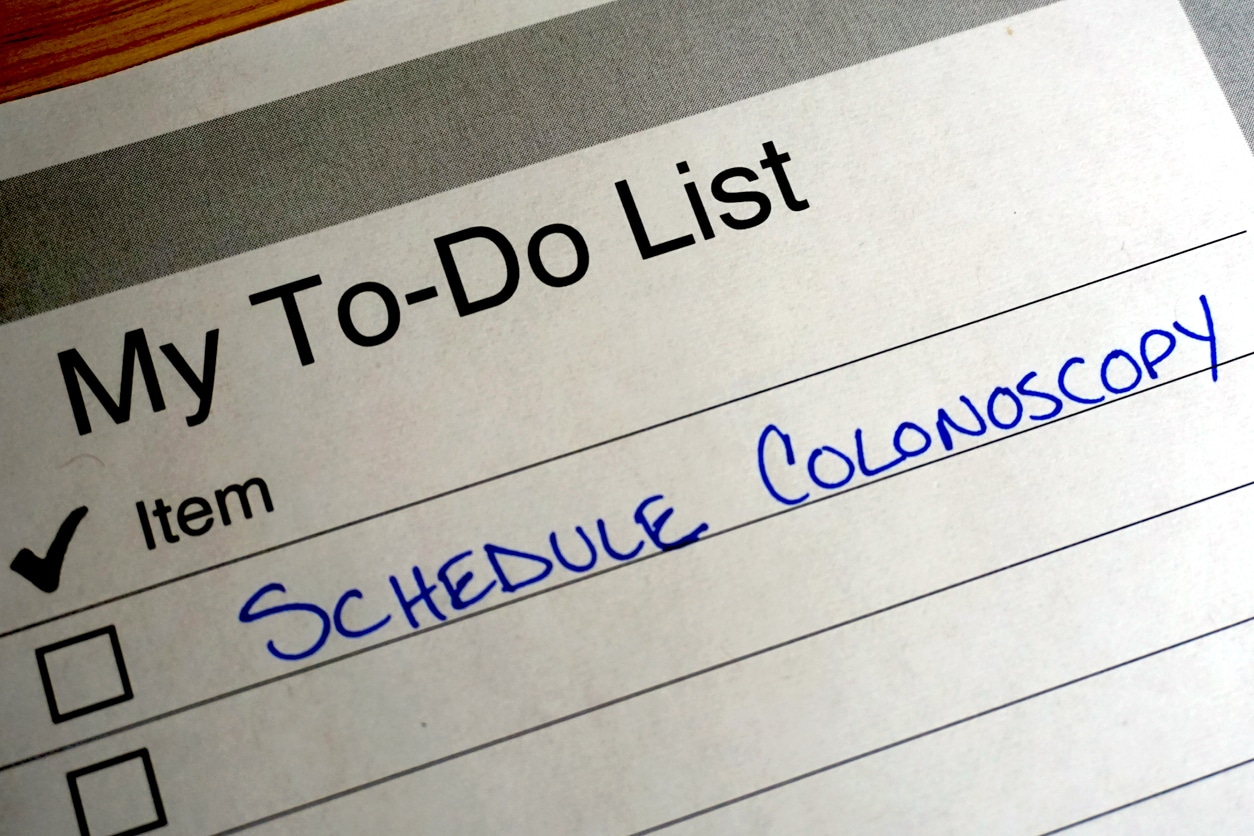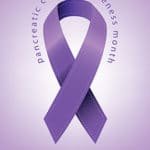Healthcare professionals now recommend that patients undergo screening for colon cancer beginning at the age of 45. If you have never had a colonoscopy, you may have questions about the procedure – you may also have questions if you have had a colonoscopy in the past.
At Northeast Digestive, our doctors frequently answer questions about colonoscopies. Here are some of the most commonly asked colonoscopy questions and their answers.
Colonoscopy FAQ
1. What is a colonoscopy?
A colonoscopy is a screening test for colon cancer. A colonoscopy involves passing a thin, flexible tube into the rectum and large intestine, also known as the colon. A tiny camera attached to the tube allows the doctor to see signs of colon cancer. The doctor can also pass small instruments through the tube to take tissue samples, known as biopsies, for laboratory examination.
2. Why do doctors recommend colonoscopies?
Doctors recommend colonoscopy to help determine the cause of changes in bowel habits, bloody stools, and abdominal pain. They also perform colonoscopies to screen patients for colon cancer.
3. Why have a colon cancer screening?
Like many other types of cancer, colon cancer does not usually cause any symptoms until the disease has progressed to a late stage when it is harder to treat. Screening can help doctors detect colon cancer early when it is easiest to treat.
4. Can colonoscopies help prevent colon cancer?
In addition to looking for existing colon cancer, a colonoscopy can actually help prevent cancer. Tissue growths, known as polyps, can develop inside the large intestine. Most polyps do not cause any problems, but some can turn into cancer later. Your doctor can remove any suspicious polyps during a colonoscopy before they turn cancerous.
5. How does a colonoscopy take?
Colonoscopy generally takes about 30 minutes to complete.
6. Will I be asleep?
If you receive deep sedation with propofol, you will sleep through the entire procedure. If you undergo conscious sedation, you will experience a “twilight sleep” that puts you in a very relaxed and comfortable state.
7. Will I have to miss several days of work?
You will need to clear your schedule for about a day: a few hours to do the prep the night before the procedure, and the entire day of the colonoscopy.
8. What are some early warning signs of colon cancer?
Most people with colon cancer do not experience any early signs or symptoms of the disease, which is why screening is so important. Caught in its earliest stages, colon cancer treatments are often more successful and the likelihood of survival is far greater.
When symptoms of colon cancer do appear, they may include:
- changes in bowel habit
- abdominal pain
- blood in stool that causes it to become either red or tar-like
- weight loss
- anemia
9. How often should I have colonoscopy screening if I have ulcerative colitis or Crohn’s disease?
While screening recommendations are different for each patient, it is generally recommended that you have a colonoscopy screening 8 years after your first diagnosis of ulcerative colitis or Crohn’s disease. If you have either of these digestive conditions, speak with your doctor to determine how often you should undergo colonoscopy screening.
10. When should I start getting colonoscopy screenings?
Colon and rectal cancers, known together as colorectal cancer, were once most common in people ages 50 and over. New data shows that, since 1994, colorectal cancer has increased by 51 percent among adults under the age of 50. To reflect this change, the American Cancer Society updated its screening guidelines in 2018 to recommend starting colonoscopies at age 45, rather than at 50.
If you are younger than 45 but have symptoms, such as blood in your stool, unintentional weight loss, changes in bowel habits, or anemia, consult with your doctor about getting a colonoscopy.
11. Who should I contact for more information about colonoscopies?
Feel free to contact Northeast Digestive for more information about colonoscopies.




